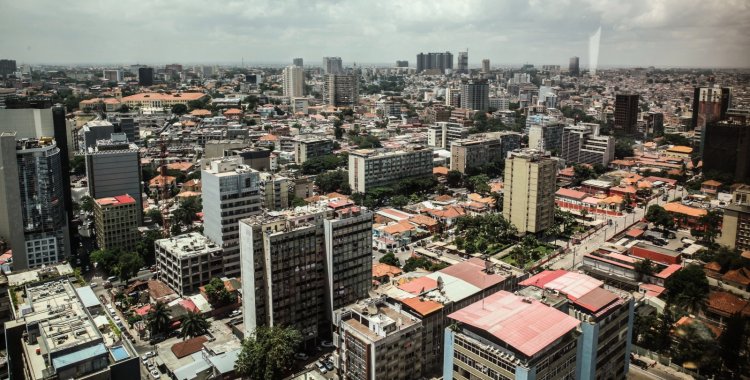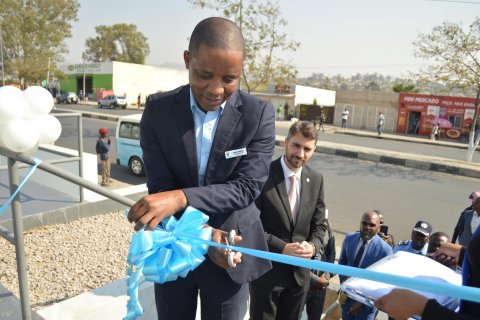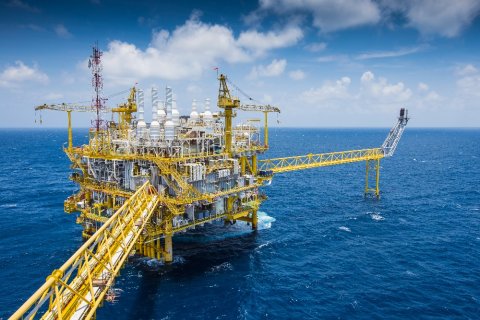The recommendations were made under Article IV, the annual review of Angola's economy, under which the IMF commended the ongoing reforms and warned of the need to maintain and deepen non-oil revenue mobilization and public financial management to compensate for the country's structural weaknesses.
"The IMF board of directors welcomes the authorities' commitment to their medium-term budgetary and debt targets and advocated ambitious, growth-friendly adjustments to meet these targets," reads in the press release that accompanies the annual analysis of the Angolan economy.
"In this context, the board recommends increased mobilization of non-oil revenue, strengthening fiscal revenue and public finance management, and reforming public enterprises, these efforts, together with expenditure rationalization, will create the necessary budgetary space to public investment and targeted social spending", adds the note.
The Fund's analysis follows the finalization of the financial adjustment program that was in force until December 2021, and maintains the Angolan economy's growth forecast of 3.5 percent this year and 4 percent in the medium term, contrasting with the less optimistic forecasts of most analysts, who estimate a slowdown to around 1 percent this year.
"Inflation should continue its downward trajectory, reaching single digits in 2024", predicts the IMF, adding that the return to the budgetary adjustment foreseen in this year's State Budget "is necessary to meet the medium-term budgetary and debt objectives term and protect against debt vulnerabilities".
Regarding the ratio of public debt to Gross Domestic Product (GDP), which has been falling as a result of economic growth, increased oil revenues and the improvement in the kwanza exchange rate, the IMF expects that this indicator will have improved , last year, 17.5 percentage points to 66.1 percent, and continue to improve to 64.1 percent this year.
Taking advantage of the improvement in most economic indicators, which show the way out of the crisis of recent years, the IMF also recommends that Angola protect itself from external shocks by improving the internal environment, namely in strengthening governance and creating conditions that attract investment.
"The board of directors encouraged the authorities to continue the effort to strengthen financial stability, taking advantage of the strong previous progress", reads the statement, which explicitly praises the "decisive actions" of the National Bank of Angola, which led to the a reduction in inflation last year.
However, "inflation remains high and risks to price stability remain", warns the IMF, arguing that, in the financial system, Angola should continue to implement legislation that makes the country more transparent.
"The council underlined the need to continue the strong momentum of reforms, given that structural reforms are essential to diversify Angola's economy and achieve inclusive and sustainable growth, they also emphasized the need to make further progress in strengthening governance, transparency and the AML/CFT regime [set of Anti-Money Laundering and Combating Terrorism Financing rules], to improve the business environment and promote private investment", namely through the publication of public expenditures made within the scope of the covid-19 pandemic, concludes the Fund.







